Word of the Day Beguile - Meaning, Usage & IELTS Examples
4 min read
Updated On
-
Copy link
Master the word usage “Beguile” for IELTS Writing and Speaking. Find out how it helps you express disagreement with clarity and impact! Make use of this word to sound more natural, persuasive, and confident in your IELTS arguments.
Table of Contents

Limited-Time Offer : Access a FREE 10-Day IELTS Study Plan!
As you are preparing for the IELTS exam, using the perfect words can make a big difference in your final band score. One such word is “Beguile,” which means to attract or persuade a person in order to deceive them and also has another meaning which directs to impressing a person. This is actually a word used to describe this negative behaviour.
This particular word is mainly useful whenever you want to talk about a person whose intentions are not good but they try to please people and also when someone tries to impress a person they love.
In this article, you will learn the meaning, history, and practical ways to use “Beguile” in both the IELTS Writing and Speaking modules along with example sentences and practice questions to help you use it naturally!
Meaning of the Word “Beguile”
- The word Beguile means to charm or enchant (a person), often in a deceptive way.
- This also means to charm someone in a magical way.
History and Origin of the Word “Beguile”
The word “beguile” traces its roots in Middle English and is derived from the prefix be- which means 'thoroughly' and the suffix 'guile,' is derived from Old French guile which means to “deceit” or “trickery.” First, beguile carried a strongly negative connotation and was used to describe deception and was often used in a manipulative or cunning way.
However, as the time went by, this word evolved and got softened in tone. Today, beguile is a word that can also mean to charm or delight someone in an almost magical way, and not just deceive them. This duality of the word beguile makes a fascinating usage with both dark and enchanting undertones.
Book a FREE demo to get in touch with our experts to boost your IELTS vocabulary now!
Using the Word “Beguile” in Sentences
- Negative usage: My neighbour tried to beguile investors with false promises of money.
- Positive Usage: The storyteller who visited our school beguiled the children with his magical tales.
- Neutral or Formal Usage: She beguiled the evening by reading a novel by the fireplace.
- Romantic Usage: He was beguiled by her soft voice and thoughtful gestures.
- Historical or Literary Usage: In a few old legends, sirens beguiled sailors to their doom with many haunting songs.
Verb examples - Beguile
1. The politician beguiled the public with his innocent looks.
2. Rita cleverly beguiled Seema to do her homework.
3. The columnist of the paper beguiled his readers into thinking that they have known everything about the movie.
Adjective Examples - Beguile
1. The saree is decorated with a beguiling golden threadwork.
2. The police did not get carried away by John’s beguiling aura.
3. The saint’s beguiling speech convinced everybody in the crowd.
Noun Examples - Beguile
1. The police officials know how to distinguish between a beguilement and a genuine clue.
2. The prize coupons are a beguilement to draw more customers.
3. John later learnt that the contract was a beguilement the company used to make him do the work.
Get your hands on this IELTS Vocabulary Ebook to expand your word list for your IELTS test!
Using the Word “Beguile” in IELTS Writing Task 2
In the IELTS Writing Task 2, this word beguile is useful when you will be discussing topics where individuals or groups are being influenced in a subtle or misleading way. This could happen in essays about media influence, entertainment bets, advertising, technology or even social media.
For instance, if your essay’s topic is about the impact of advertisements on kids, you can write: “Modern advertisements are specially designed not just to inform, but also to beguile young children with colorful visuals and catchy slogans where it encourages unnecessary consumption.”
Using this word “beguile” in these types of contexts will show the examiner that you are able to express ideas about manipulation and influence in a proper and natural way.
Using the Word “Beguile” in IELTS Speaking
In the IELTS Speaking section, mainly in the Speaking Part 3 the questions are usually about opinions and ideas, where you can use the word "Beguile" to talk about experiences, feelings, or even influences.
- In IELTS Speaking Part 1 (Introduction): When answering personal questions about books or movies, you can respond like, “I love movie story plots that beguile the viewer with unexpected twists and turns as it keeps me engaged till the end!”
- In IELTS Speaking Part 2 (Cue Card): When describing experiences in a place or some experiences, this word can help you sound even more descriptive. For example, in a cue card that asks you to describe a memorable holiday, you can say, I was completely beguiled by the charm of the pink petals falling like snow and it was a magical experience that I will remember for a life time.”
- In IELTS Speaking Part 3 (Follow-Up): To answer broader topics like, “Why people trust instagram influencers so easily these days?” You can respond like, “Viewers these days are beguiled by charm and relatability of these influencers as they showcase themselves like the boy or girl next door and sell products without even mentioning them under the ‘Paid promotion’ label.”
In conclusion, If you're aiming for top IELTS Band Score, follow the IELTS Exam Preparation Tips for Band Score of 8+ to further enhance your vocabulary and overall test performance just like you now did with the word - Beguile!
Also Check:
- Salient : Meaning, Definition & Synonyms, Usage Examples & History
- Nuance: Meaning, Definition, History, and Exercise
- Fatuous: Meaning, Definition, Forms & Exercise
- Eloquent: Meaning, Definition and Use In A Sentence
- 25 Common Idioms in IELTS Speaking
- Common Idioms List for IELTS Speaking
- Useful Idioms for IELTS Speaking to Score Band 8.0+
Explore IELTS Resources

Start Preparing for IELTS: Get Your 10-Day Study Plan Today!
Recent Articles
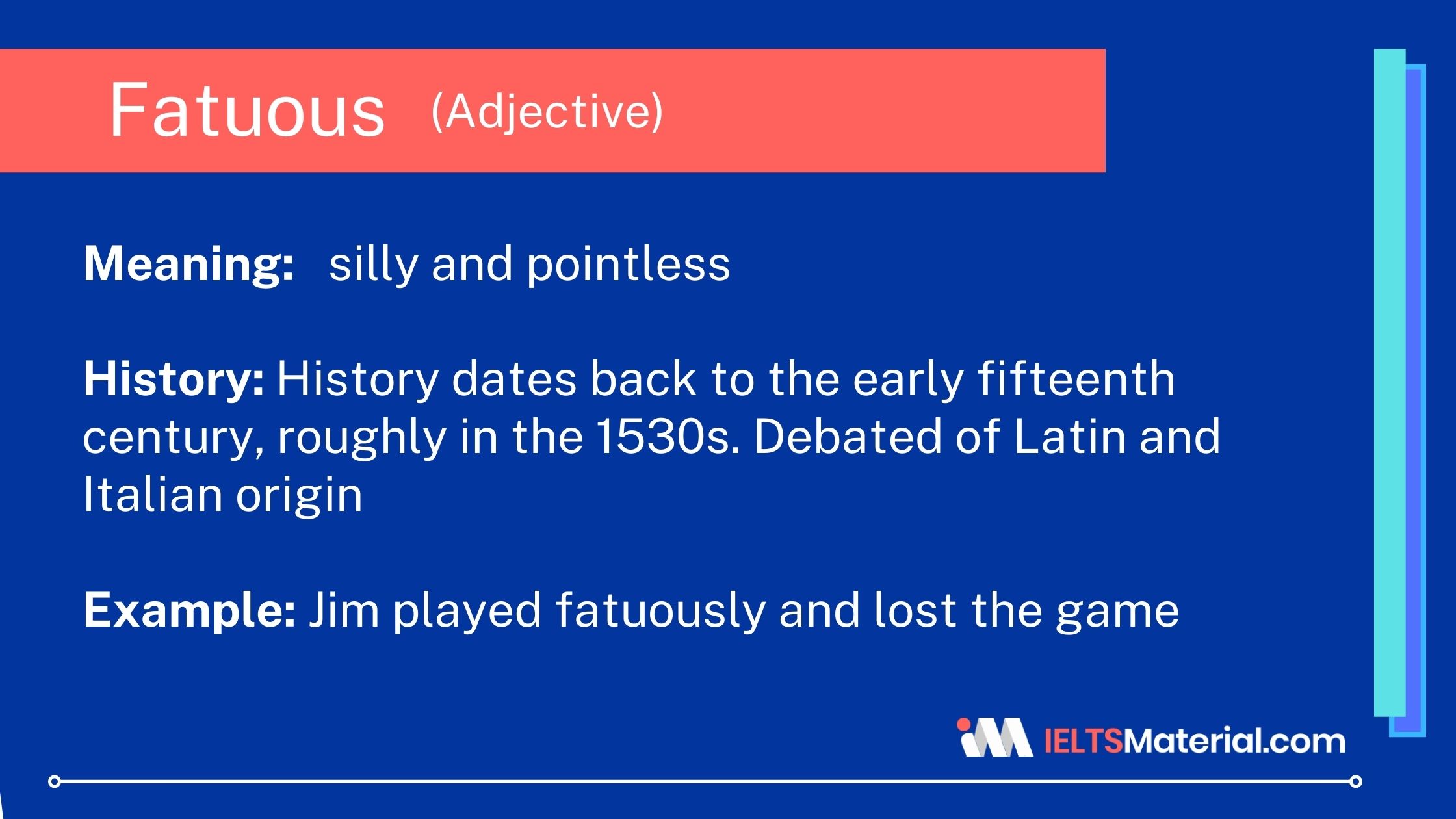
Kasturika Samanta
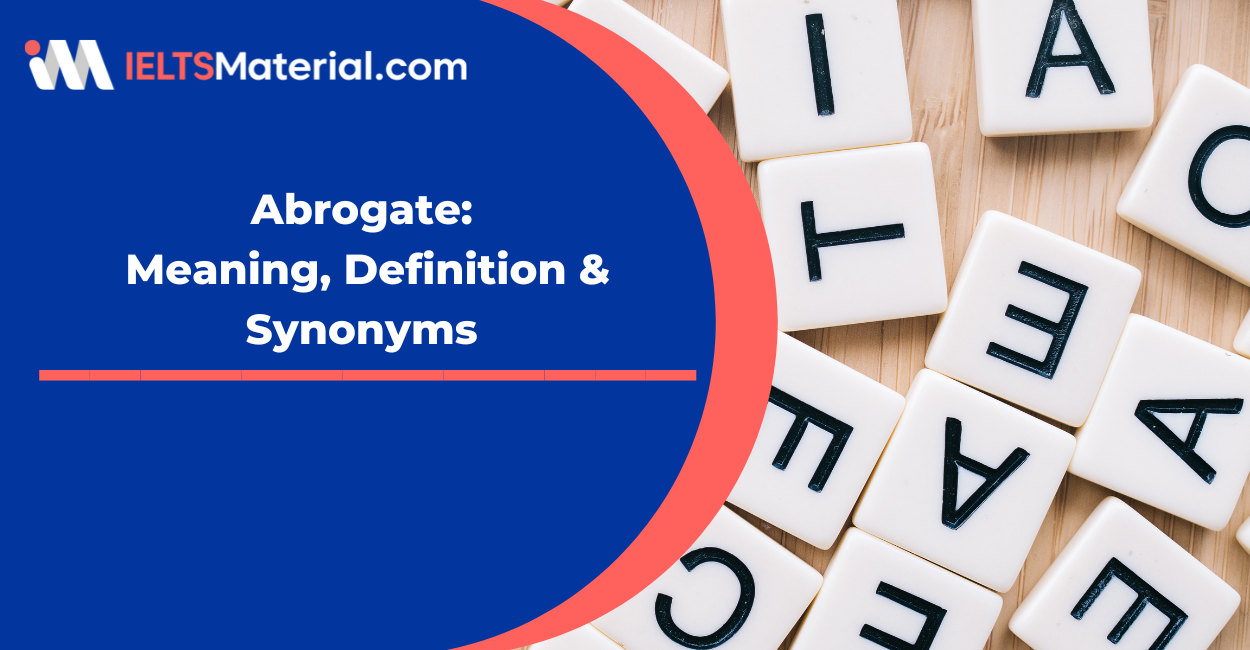
Kasturika Samanta
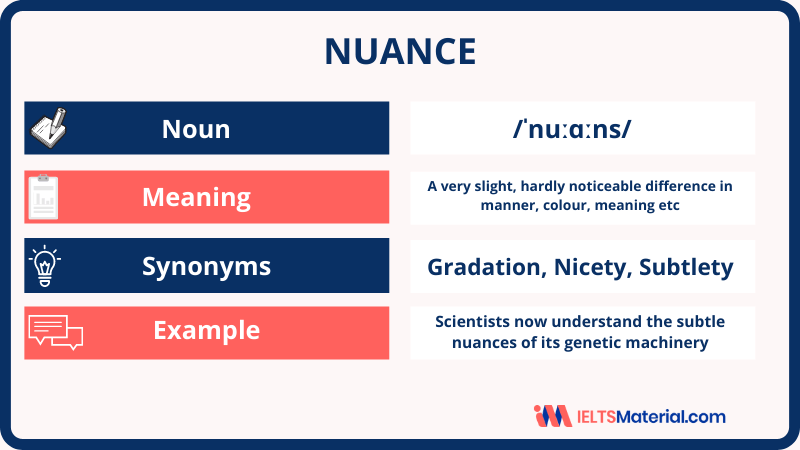
Kasturika Samanta
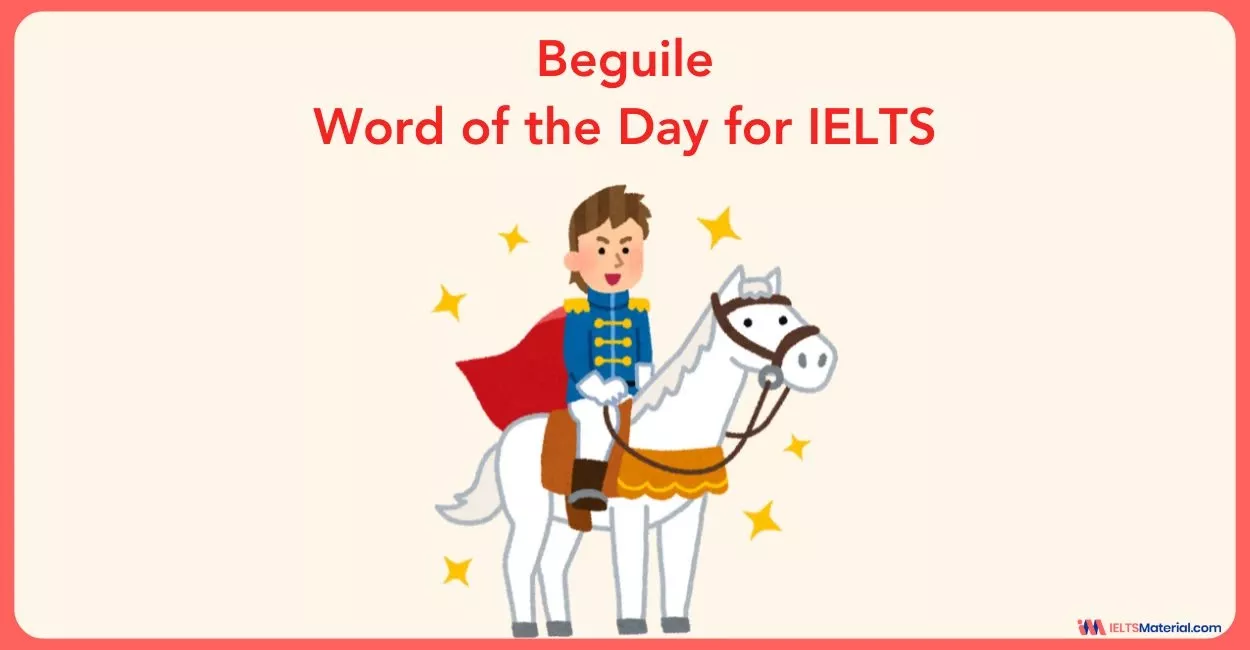

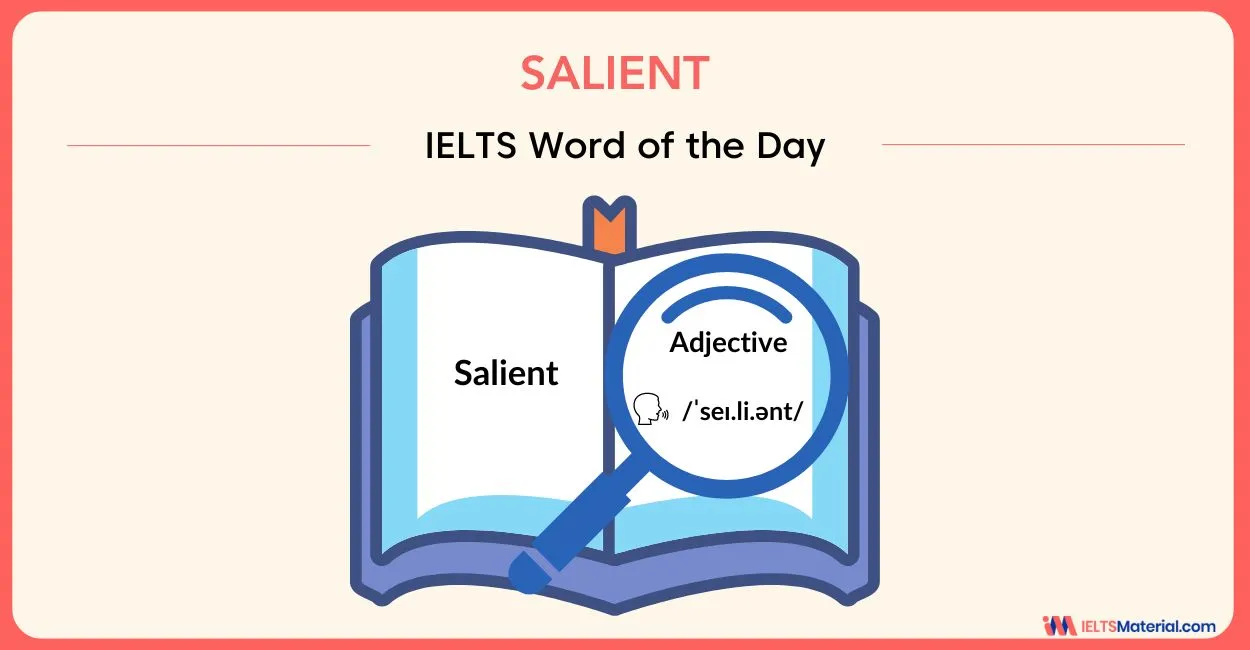


Post your Comments